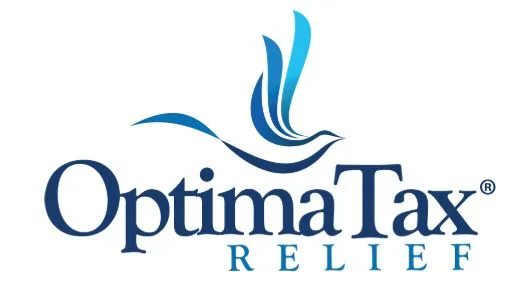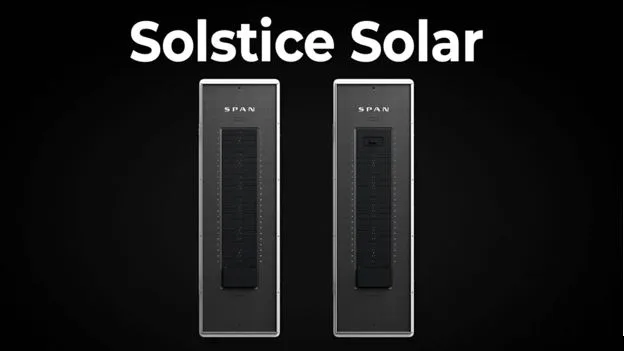Optima Tax Relief Breaks Down the Different Types of Innocent Spouse Relief
Filing a joint tax return means both spouses share responsibility for any taxes owed, even if one earned all the income or made all the mistakes. This can create unfair situations when one person is held liable for their spouse’s errors.
To address this, the IRS created Innocent Spouse Relief, a program that protects individuals from paying taxes, interest, and penalties caused by a spouse’s or ex-spouse’s errors or misconduct. Understanding how this relief works and how to apply can help you avoid being unfairly burdened by another person’s actions.
What Is IRS Innocent Spouse Relief?
When you file jointly, the IRS considers you and your spouse jointly and severally liable, meaning either of you can be held responsible for the entire tax bill. Even if your spouse underreported income or claimed false deductions, the IRS can pursue you for payment.
Innocent Spouse Relief allows the IRS to release one spouse from liability when it would be unfair to hold them responsible. It’s intended for taxpayers who didn’t know, and had no reason to know, about the errors on the joint return.
When Joint Liability Becomes a Problem
IRS issues can surface years after filing. You might receive a notice saying you owe more taxes because your spouse understated income or inflated deductions. Common examples include:
- Unreported income: Hidden side jobs or investments
- False deductions or credits: Claimed business expenses or tax credits that didn’t qualify
- Incorrect asset values: Misreported property or investment figures
If you signed the return without knowing about these errors, you may qualify for Innocent Spouse Relief.
Who Qualifies for Relief
To be eligible, you generally must meet these conditions:
- You filed a joint return with your spouse.
- There was an understatement of tax due to your spouse’s errors.
- You did not know or have reason to know about the error when signing.
- It would be unfair to hold you responsible for the resulting tax debt.
You may also qualify if you live in a community property state, where both spouses typically share equal ownership of income and assets. In these states, relief can help separate your portion of the liability from your spouse’s.
You’re not eligible if you’ve already signed a closing agreement, offer in compromise, or been denied relief by a court.
The Three Types of Relief
1. Traditional Innocent Spouse Relief
You may qualify if you didn’t know, and had no reason to know, about the understatement of tax. If your spouse concealed income or falsified deductions, this relief may remove your liability.
2. Separation of Liability Relief
Available to taxpayers who are divorced, legally separated, widowed, or living apart. The IRS divides the additional tax between you and your spouse, and you’re only responsible for your portion.
3. Equitable Relief
If you don’t qualify for the other two types, you may be eligible for Equitable Relief when it would be unfair to hold you responsible. This can apply if you knew of the errors but faced abuse, coercion, or financial control that prevented you from objecting. The IRS considers your financial situation and overall fairness.
How to Apply
The process begins with IRS Form 8857 (Request for Innocent Spouse Relief).
- Complete Form 8857: Include the tax years involved, your marital status, which type of relief you’re requesting, and a clear explanation of why you shouldn’t be held liable.
- Submit the Form: Mail it to the IRS address in the instructions. File as soon as you learn about the issue, delays can affect eligibility.
- IRS Review: The IRS must notify your spouse or ex-spouse and allow them to respond. While this may feel uncomfortable, it’s required by law.
- Determination and Appeal: The IRS will issue a decision. If denied, you have 30 days to appeal to the Office of Appeals.
While Your Case Is Under Review
The IRS typically pauses collection efforts for the years in question, though interest may continue to accrue. Keep filing future returns correctly, staying compliant strengthens your case and avoids new tax problems.
Why Timing Matters
If you receive a notice like a Notice of Deficiency or collection letter, don’t delay. Filing Form 8857 promptly protects your rights and increases your chance of approval. Waiting too long can limit the years eligible for relief or allow the IRS to continue collection actions.
Deadlines can vary by situation, so applying early is always the safest approach. For example, there is a 2-year deadline for Traditional Innocent Spouse Relief and Separation of Liability Relief.
When to Seek Professional Help
Applying for Innocent Spouse Relief can be stressful, especially after a divorce or difficult relationship. The IRS reviews each case closely and may require documentation or additional statements.
A tax professional or attorney can help you:
- Identify which type of relief fits your situation
- Prepare a strong, well-documented Form 8857
- Communicate with the IRS
- File an appeal if your request was denied
Professional support can improve your chances and reduce stress throughout the process. Because innocent spouse cases can be complex and emotionally challenging, many taxpayers research the best companies for innocent spouse tax relief to find experienced professionals who can guide them through the Form 8857 process and increase their chances of approval.to find experienced professionals who can guide them through the Form 8857 process and increase their chances of approval.
Tips Before You Apply
Before submitting your request:
- Gather all relevant tax and financial records.
- Consider whether you significantly benefited from the unreported income, which may affect eligibility.
- If you experienced abuse or coercion, document it, the IRS gives these cases special consideration.
- Be honest and consistent; inaccuracies can harm your claim.
Relief isn’t automatic, you must show that you didn’t knowingly participate in or benefit from the errors.
IRS Innocent Spouse Relief ensures fairness when one spouse is unfairly burdened by another’s tax mistakes. Whether your spouse underreported income, exaggerated deductions, or hid financial details, you may not have to bear the consequences alone.
By understanding the qualifications, acting promptly, and submitting detailed documentation, you can protect yourself from unjust tax debt. Taking these steps can help you achieve a fair resolution and move forward with financial peace of mind.





